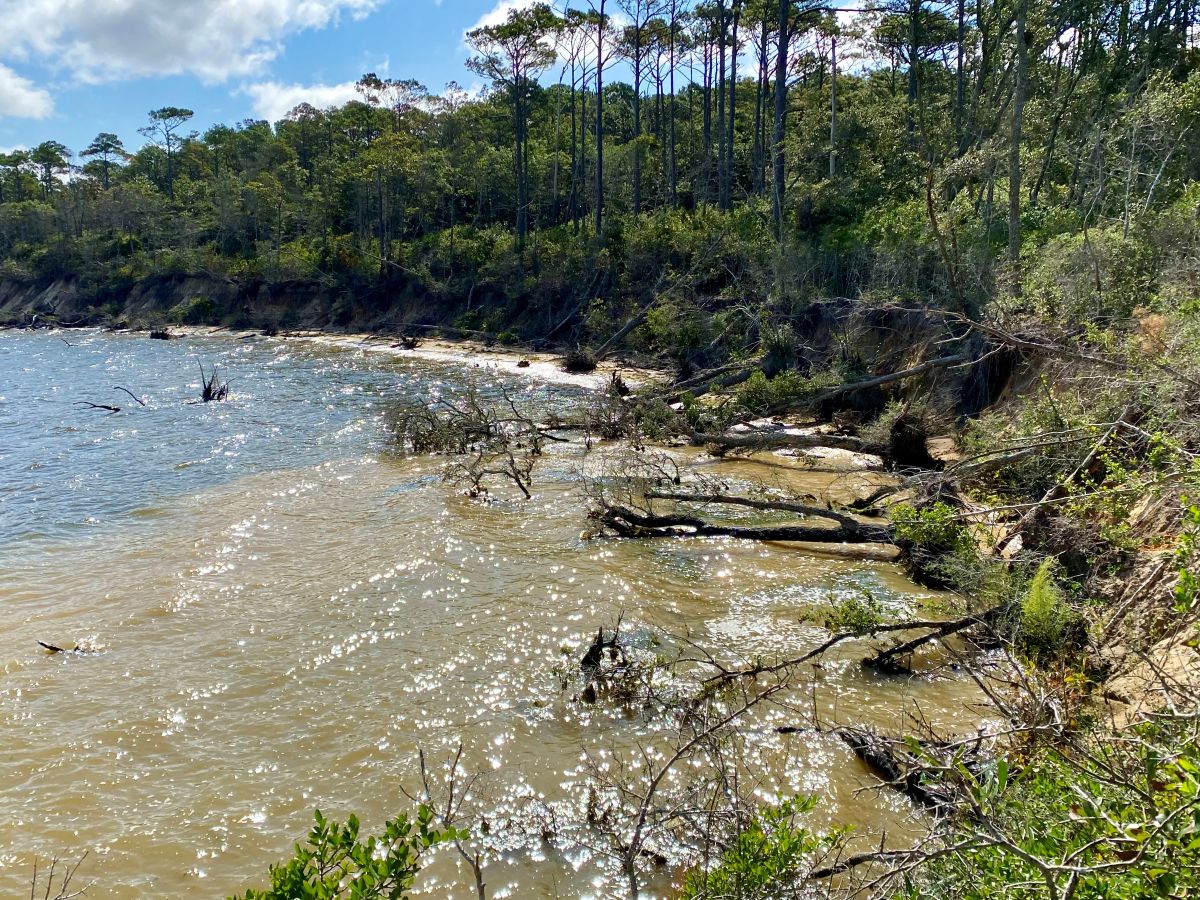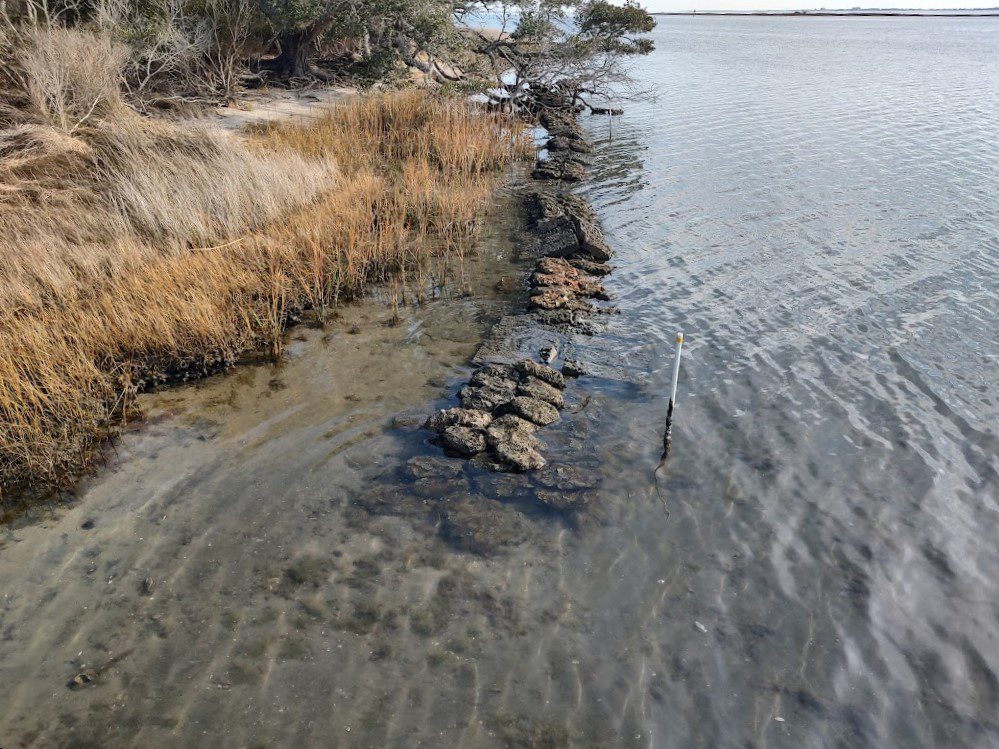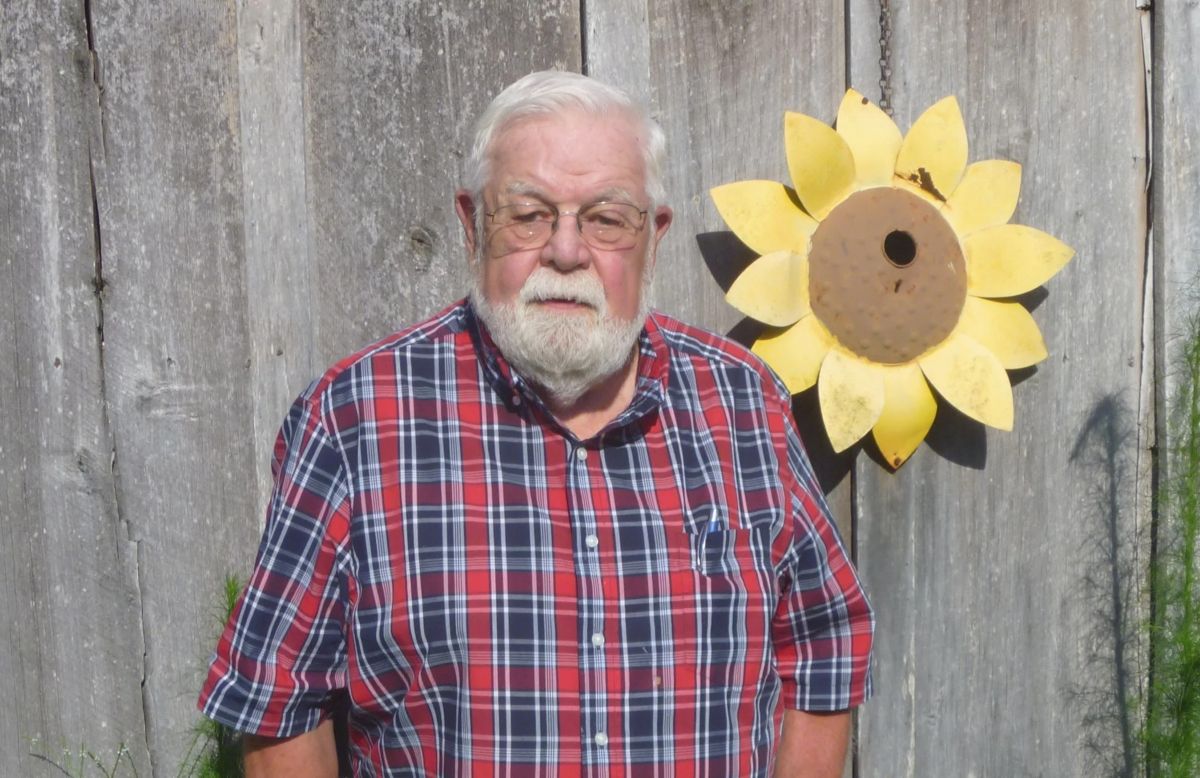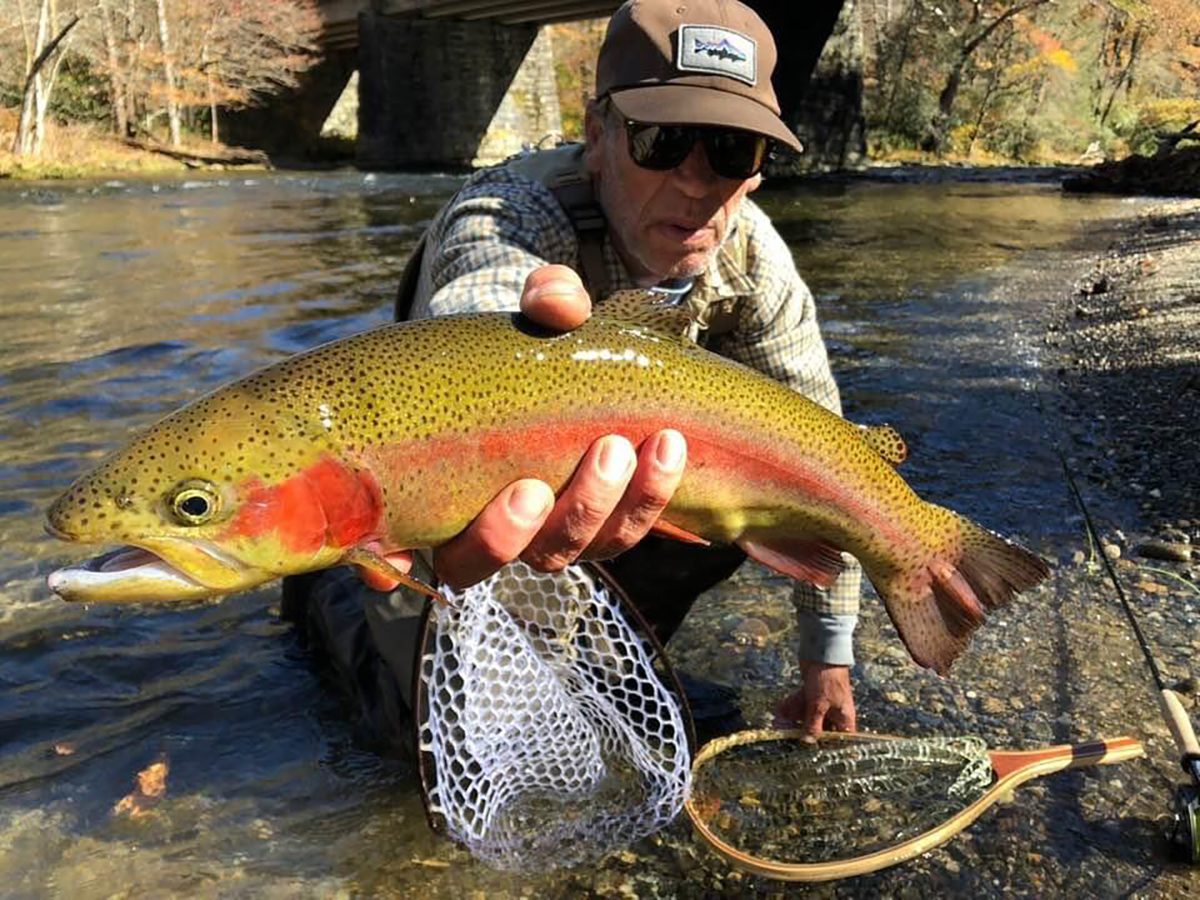
Fishing means a lot of different things to people. For some it’s a simple escape from the hectic world, for others a way to connect with family, still others have managed to use it as a way to earn a living in the world. For Dave Rohde of Kitty Hawk, it’s not hyperbole to say that fishing saved his life.
The fish-rich waters of the Northwest is where this story begins. Born in Pocatello, Idaho, and raised in Seattle, fishing was part of Rohde’s life from the very beginning. His father would shepherd him around to local fishing holes.
Supporter Spotlight
“I started fishing when I was 5 or 6 years old and my dad would take me to stocked farm ponds to fish for trout,” he recalled recently.
Ironically though, Rohde’s father didn’t fish much himself.
“My father was supposed to be a fisherman. In my 18 years in his house, I only saw him fish once, but our house was loaded with antique bamboo fly rods by famous makers such as Horrocks-Ibbotson and other famous rod builders.”
When confronted with the problem of catching fish, Rohde figured it out one way or the other.
“I was a completely self-taught angler and I would fish the streams around my house in Seattle with eggs and worms until I graduated to Mepps and Panther Martin spinners,” he explained.
Supporter Spotlight
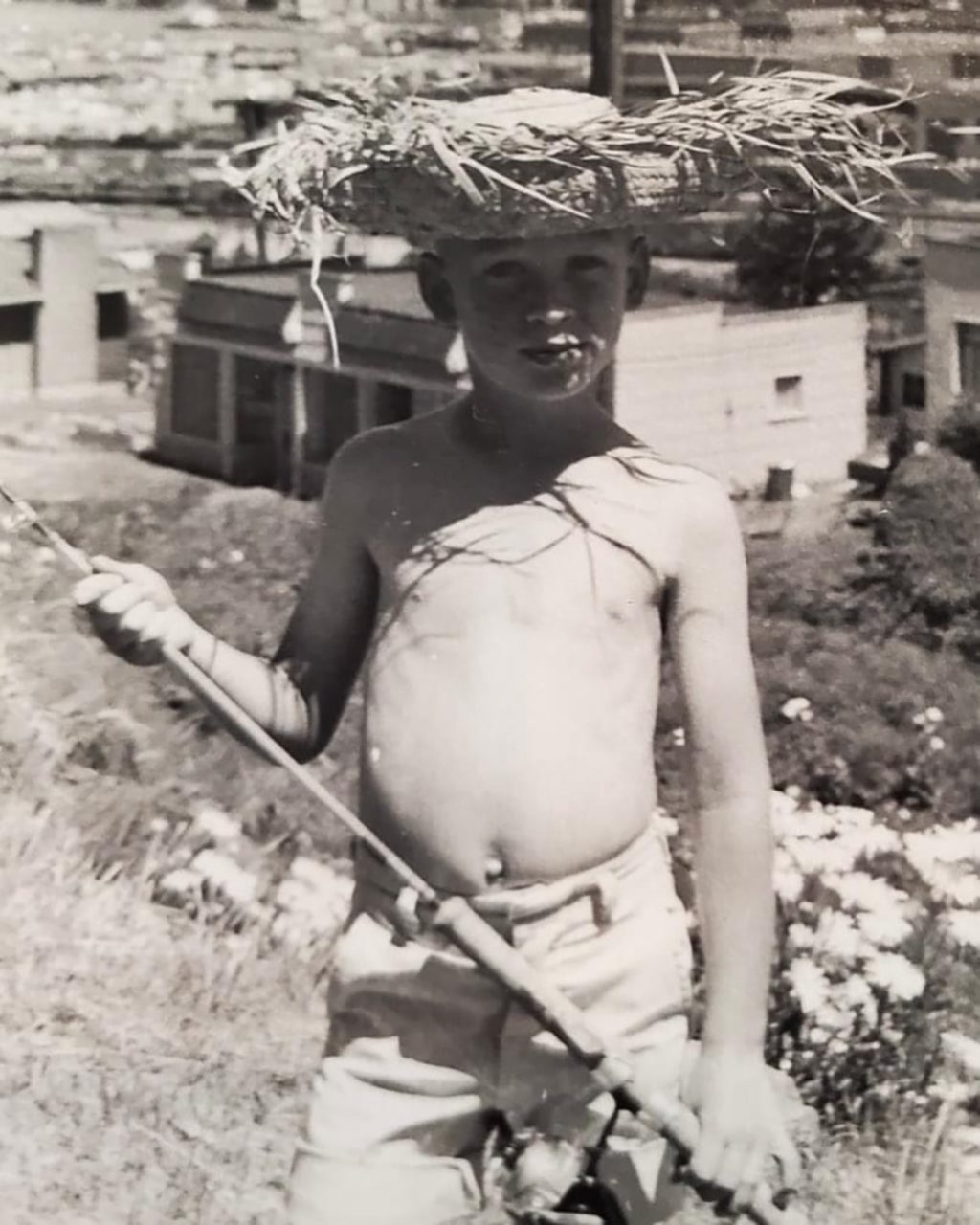
Later, he found advice in the printed word and outside helpers: “I learned mostly from Boys Life and the Scouts.”
Like many in the armed services, Rohde’s family moved around a bit, first from Seattle to Puerto Rico and then to the Tidewater, Virginia, area. Rohde didn’t fish much in Puerto Rico but a new passion found him while there.
“From 19 to 24, surfing dominated my life, and when I was in Puerto Rico, surfing was my focus.”
Once the family moved to Virginia his passion turned again to fishing.
“As soon as I returned to the mainland I was back at it.”
Then in 1976 he met the woman who would become his first wife.
“When I was 24, I met my wife to be, Gretchen Majors.” This relationship would change his life in more ways than he could ever had imagined at that time. Rohde met a man who would teach him the fishing and outdoors skills he still uses.
“Her father was a gentleman named Ergo Majors III. He simply became my life mentor, taught me how to fly fish, tie my own flies, shoot clays and load my own shells,” Rohde said. “This man was as important to me as my own father. He was larger than life to say the least.”
And then Rohde’s star began to rise in the surfing community.
“By this time, I was a well-known West Coast surfboard builder and I split my passion between fishing and surfing.”
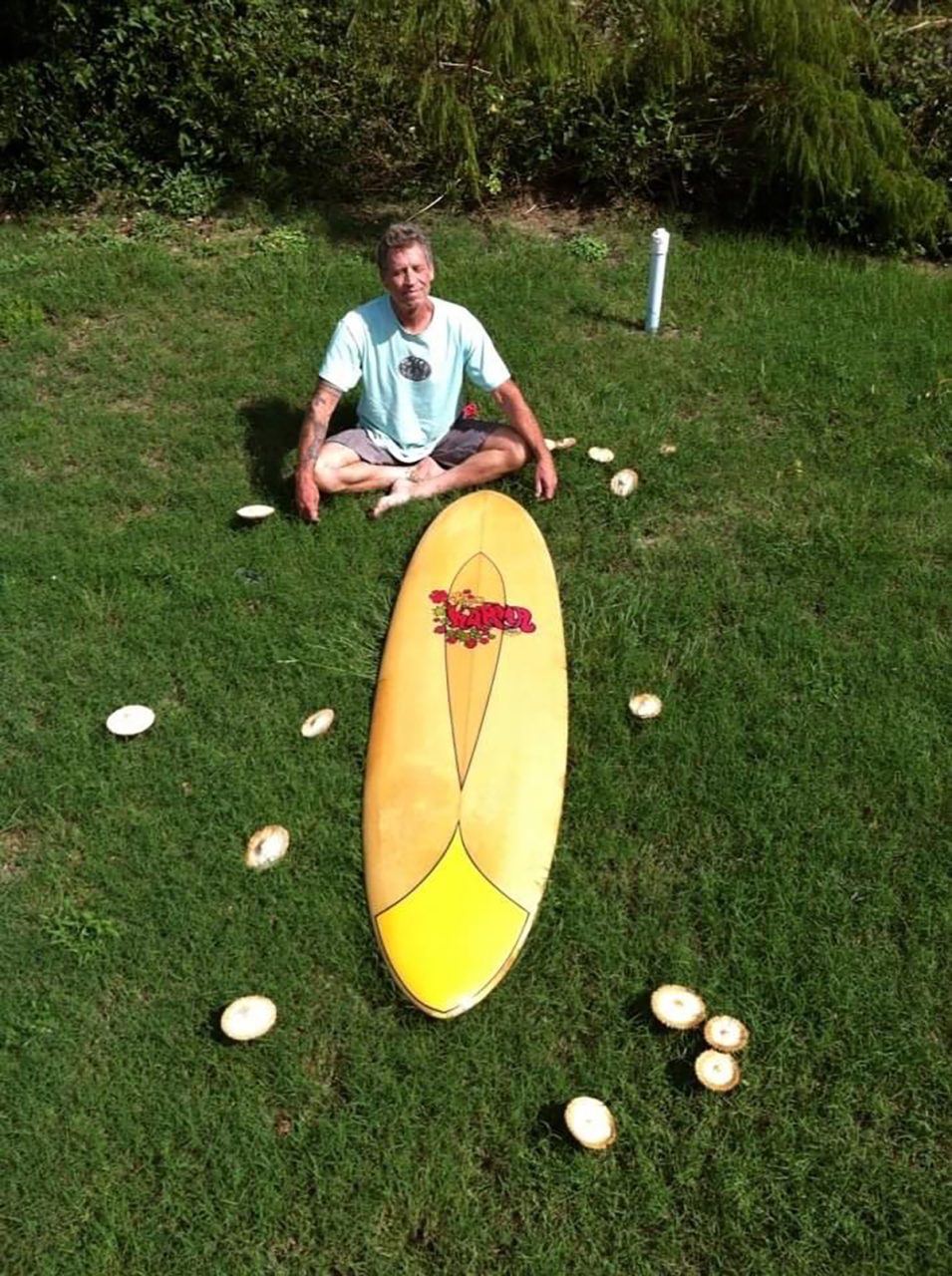
While out West, Rohde started to fish some legendary waters.
“I started going to Mammoth, California, fly fishing the Kern Valley rivers, and to Northern California to chase steelhead,” he said.
But then it all came apart.
When his marriage ended messily in 1980, it affected him deeply.
“When my marriage fell apart, I went on a mini self-destruct and ended up in my dad’s house in Norfolk, Virginia. I really didn’t fish much for three or four years,” Rohde said, adding that he found solace in drinking and drugs at that time. It took an outside force to bring him out of it.
“The company I was working for, Wave Riding Vehicles, moved their factory to the Outer Banks and it was game-on with fishing again,” Rohde said.
Among those in the sport, Rohde is a well-known name for his surfboard-shaping prowess, and a WRV board bearing the Rohde name is highly coveted.
“I started fly fishing the bass ponds in Currituck and chasing bluefish on the beach,” he said, and that is what brought him out of a very dangerous time. Rohde figures that if not for fishing he may not be here today.
“I got sober in 1994 and started fly fishing for stripers around Oregon Inlet. By 1996, I was doing wade trips around the Oregon Inlet Fishing Center. I’ve been guiding on the Outer Banks ever since,” he said.
Then in 2000, Rohde met Joanne Lassiter, and he called her a great influence who made him a father with her son, Alex Lassiter.
“I had him since he was 10 and I raised him like he was my own. He and I would go surfing and fishing together all the time,” Rohde said.
But then a few years later, tragedy hit and again threatened to pull Rohde apart.
“Alex passed away from a very rare cancer in 2013, and I stepped away from guiding for six years,” Rohde said. But once again, his lifelong passion found him and brought him back. “After we lost our son, fishing and surfing saved me. Fishing brought me mentally back from the abyss of loss and depression.”
Rohde has been fly fishing for a long time and has a few words of wisdom for those getting into the sport: “The only way to get better at anything, and especially fly fishing, is practice and a good mentor.”
Having a good place to practice also makes all the difference, he added.
“My father-in-law introduced me to the San Diego fly fishers. We would go to Balboa Park on Sundays and there would be a ton of guys there that would work with me on my cast. There is no substitute for this. YouTube videos will not make you a good caster.”
Lacking a professional club of outstanding fly casters, just get out there on a pond or lawn or wherever there is enough room, he advised.
“I think the most important thing in saltwater fly fishing is presentation. The ability to cast the right fly that swims properly, to the right spot, is the key to success. And if you can’t cast over 30 or 40 feet, you’re going to be out of luck quite often.”
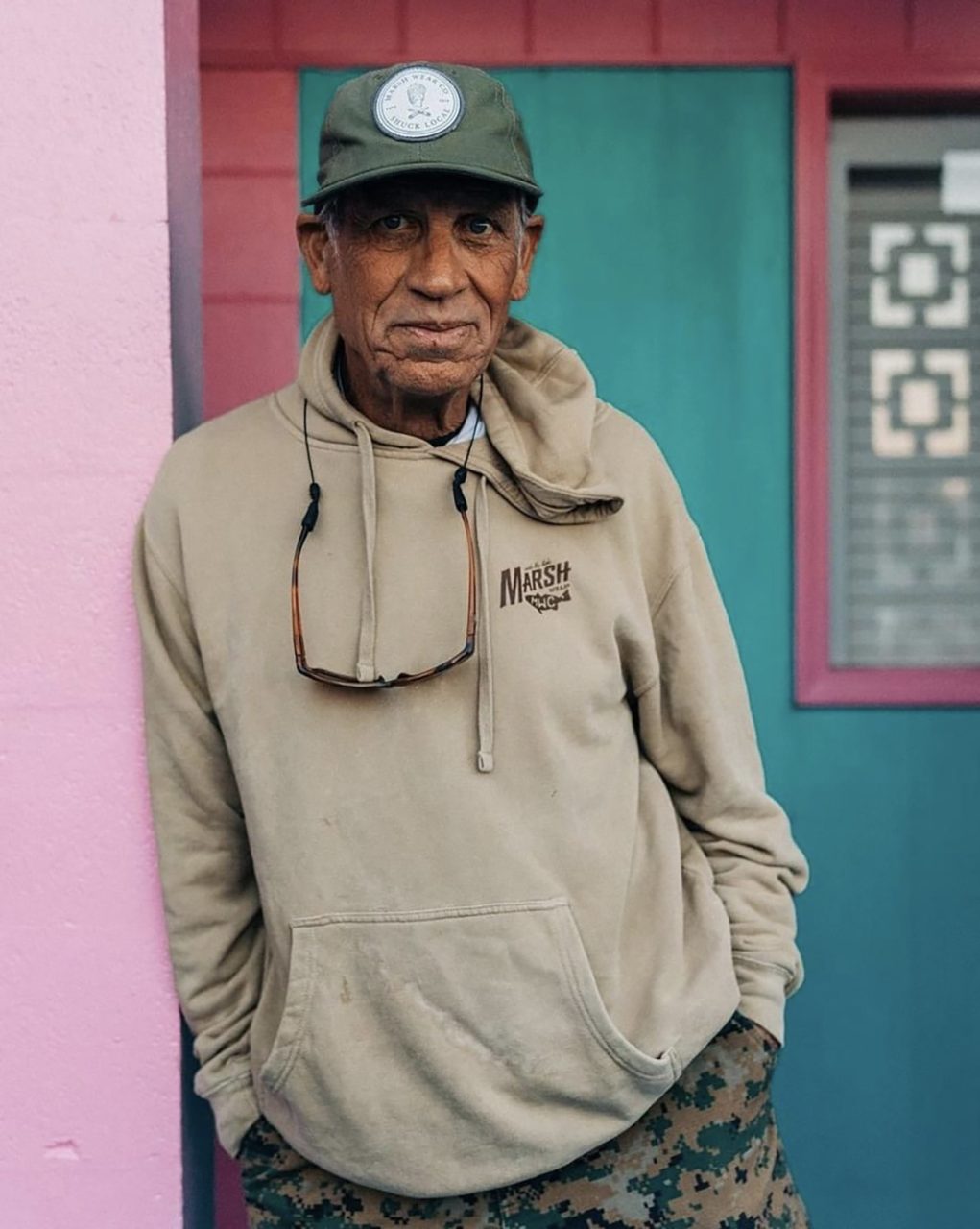
These days, Rohde keeps busy with a multitude of projects. He’s guiding still around the Oregon Inlet area, but there’s more.
“I supply all the local shops with flies. I still build a few surfboards. But I do it all part-time now,” he said.
And fishing remains a favorite pastime, but he’s also found new passions.
“My preferred method of fishing is fly, but I probably actually spin fish 70% of the time. Totally situational,” he said.
That other more recent driving force of late has been Rohde’s soft spot for animals. He is involved with animal rescue and specifically saving the feral and abandoned cats that proliferate all along the North Carolina coast.
“I’m quite an animal activist. I do trapping for the local animal rescue groups, and I’ve saved several cats myself,” he said.
And for those reading this who might feel they’re in a dark place like he once was, Rohde offers encouragement.
“I’m not shy about getting sober. If I can do it, anybody can,” he said.



